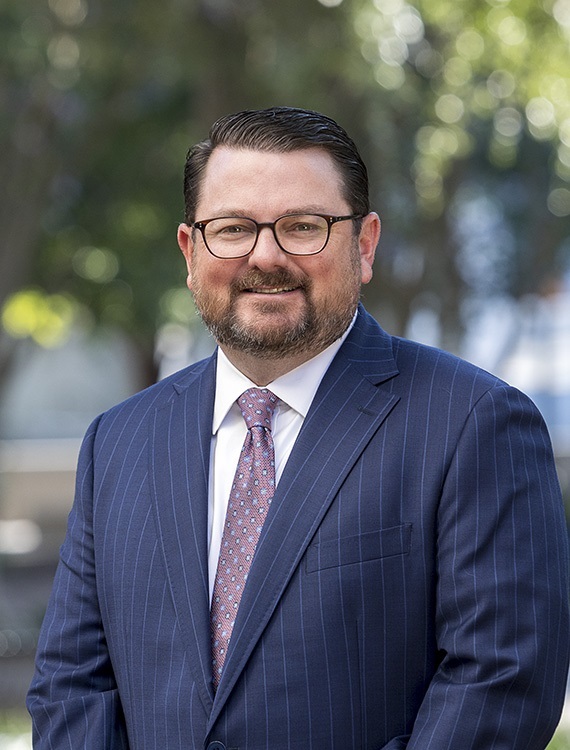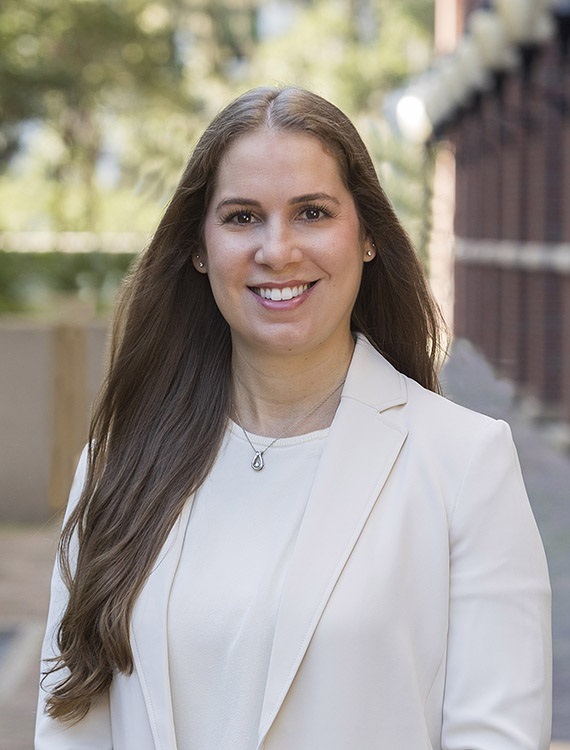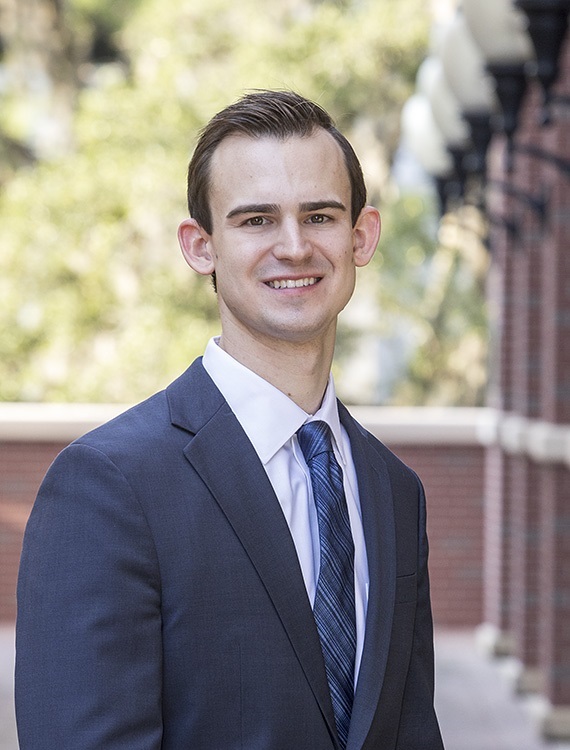Lawmakers allow insurance hike
By JIM SAUNDERS
Tallahassee Bureau Chief
TALLAHASSEE — Gov. Charlie Crist and state lawmakers have spent more than two years trying to hold down Florida’s property insurance rates.
Now that’s changed.
In a final push of the annual legislative session Friday, lawmakers passed bills that would lead to homeowners digging deeper into their checkbooks to pay insurance premiums.
Customers of the state-backed Citizens Property Insurance Corp. should get ready for 10 percent rate increases next year — and maybe for several years in a row.
But the increases, which Crist still must approve, wouldn’t be limited to Citizens’ customers. Homeowners who buy coverage from private insurers also could see increases up to 10 percent.
And in a potentially far-reaching move, lawmakers approved eliminating key regulations on rates charged by large insurers. That likely would lead to higher costs for customers of name-brand companies.
Here’s a recap on what the Legislature did:
Q. Why move toward higher rates now? At least part of the reason comes down to this: Fear of the Big One.
With homeowners getting hammered by rising insurance costs, lawmakers met in a 2007 special session and made changes that limited or reduced rates. But those changes also increased the state’s financial risks if a major hurricane hits.
In two of the most-important changes, lawmakers froze Citizens Property Insurance Corp.’s rates and dramatically expanded another state program known as the Florida Hurricane Catastrophe Fund.
The catastrophe fund sells low-cost reinsurance — a crucial type of backup coverage — to insurance companies.
Expanding the program saved money for insurers, who otherwise would have needed to buy more-expensive reinsurance on the private market. In exchange, lawmakers required that insurers pass on the savings to customers through lower rates.
Now, however, lawmakers worry that the 2007 changes have dug a huge financial hole for the state.
With the rate freeze, officials say, Citizens is not collecting enough money from policyholders to cover its risks. If a large storm hits, that could mean residents throughout the state — including non-Citizens customers — would have to pay extra to cover the cost of Citizens’ claims.
At the same time, the catastrophe fund could be roughly $12 billion short of meeting its obligations to help pay insurers’ claims if a large storm hit.
The state always expected to issue bonds to meet part of such obligations. But trouble in the worldwide credit markets now makes it unlikely the fund could borrow enough money to cover a mega-storm.
Q. How high will rates go? One of the bills passed Friday would allow Citizens to raise rates 10 percent a year until its rates are "actuarially sound," which generally means that an insurer is collecting enough money to cover its risks.
Citizens officials have said rates would have to increase 40 percent to 55 percent to be actuarially sound. That means many customers could see 10 percent rate increases for several years.
The bill, however, also would lead to higher rates for customers of private insurance companies because it would try to shore up the catastrophe fund.
Among other things, it would gradually reduce the amount of low-cost reinsurance that the catastrophe fund sells to private insurers. That could lead to insurers buying more reinsurance on the private market — and passing along the costs to customers.
The bill would allow rate increases of as much as 10 percent because of a combination of reinsurance changes, though a Senate analysis indicates the actual amounts likely would vary.
Crist has made holding down insurance rates one of his signature issues. But when asked Monday about the plan to increase Citizens’ rates, he said it appeared "appropriate."
Q. What about rates for customers of large insurers? Lawmakers passed a separate bill that would lift regulations on the rates charged by large insurers, such as State Farm, Allstate and USAA.
Supporters say the move is aimed at attracting major companies to do business in the state. They also say consumers should have a choice to pay more for policies with large companies or to shop around for cheaper policies with other insurers.
But critics, including Insurance Commissioner Kevin McCarty, say it could lead to large rate increases. Crist also expressed doubts about the bill Monday.
"That one gives me some pause," he said.
jim.saunders@news-jrnl.com












